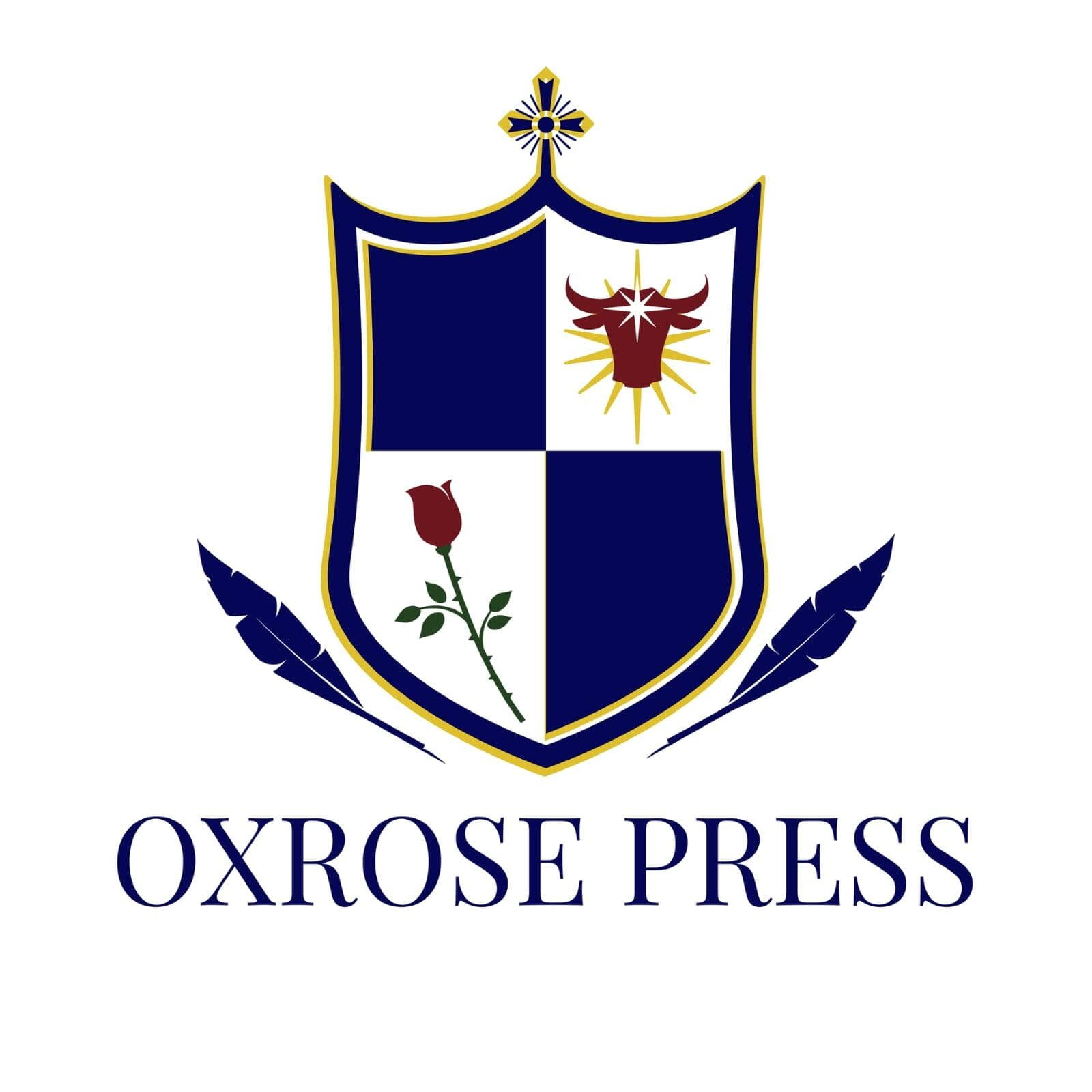Nature, Man, & Science Workbook: Trivium Studies 3
This is the third course in the Trivium-Philosophy-Theology sequence. In logic and rhetoric we learned how to use the tools of science. In this course, we begin to apply these tools to the acquisition of knowledge of the world and the pursuit of wisdom (philosopher means "lover of wisdom"!) We begin by asking "What is a natural thing? and then follow Aristotle, explained by Saint Thomas, through his consideration of things, living things, sensitive living things, and intellectual living things. This brings us to the famous definition of man as a rational animal. To understand what it means to be rational, we ask, "What is science?" and "What are its divisions?" These lead us into the unified vision of ascendant education that stands behind the scholastic liberal arts. We find the interconnections between philosophy and experimental science, theology and physics, and look over the road map of the learnable world. Returning to our consideration of man, we turn our attention to his appetitive nature--his desires and will. This leads into an exploration of what man is for and in what lies his happiness. We introduce the thomistic understanding of morality and virtue ethics. The course culminates by bringing together all that has been covered in order to answer the question: "What does it mean to be wise?" By providing a consideration of man as understood in his nature, the class sets up the exploration undertaken in the TPT 4: Natural Theology & Law -- where we study what can be known about God by reason and what God communicates to man through man's nature about what he ought to do. The students' logical and rhetorical skills don't go by the wayside; there are regular assignments that require analysis and composition of arguments.
Choose Quantity
$15.29

